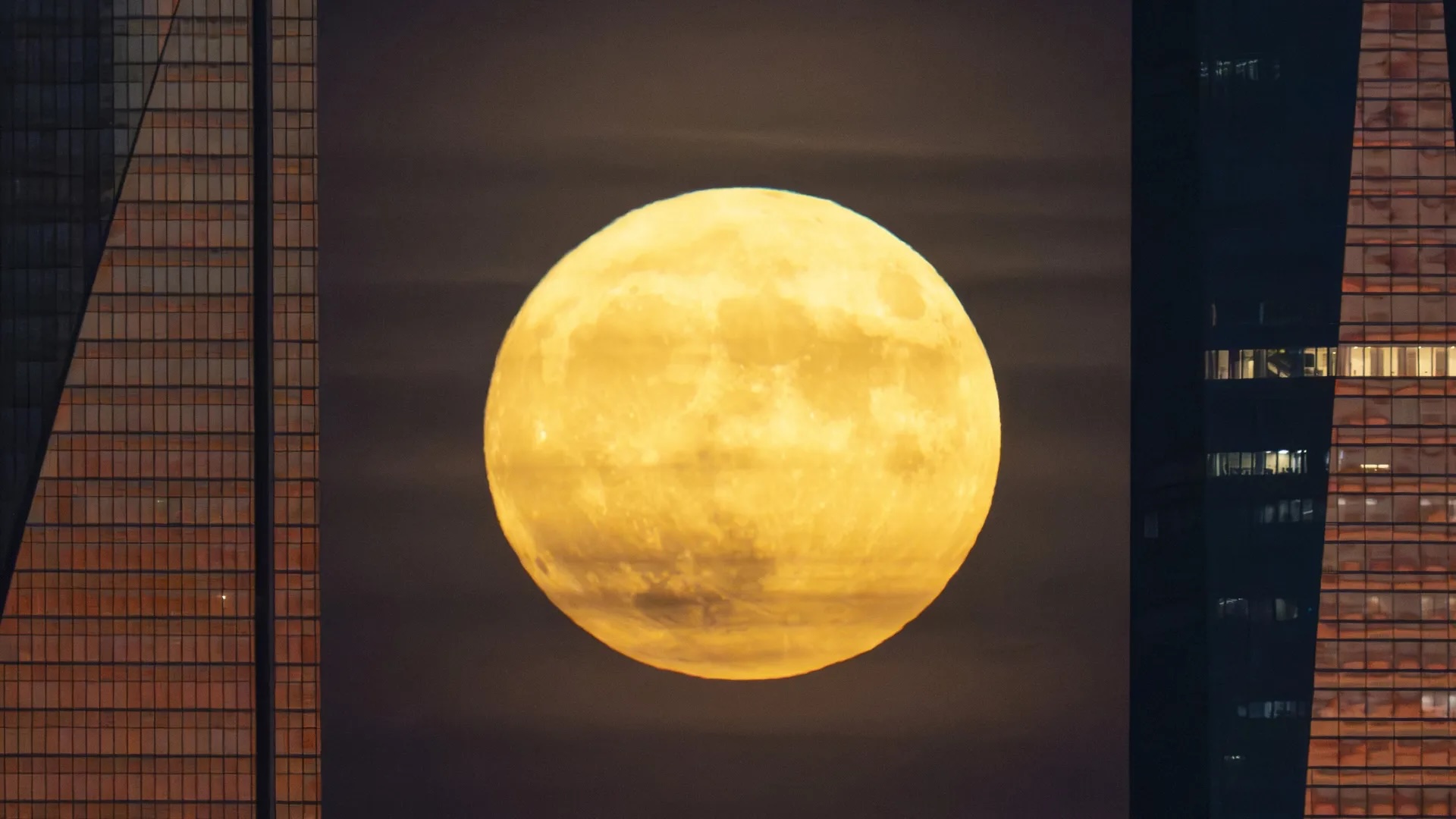moon
Latest about moon
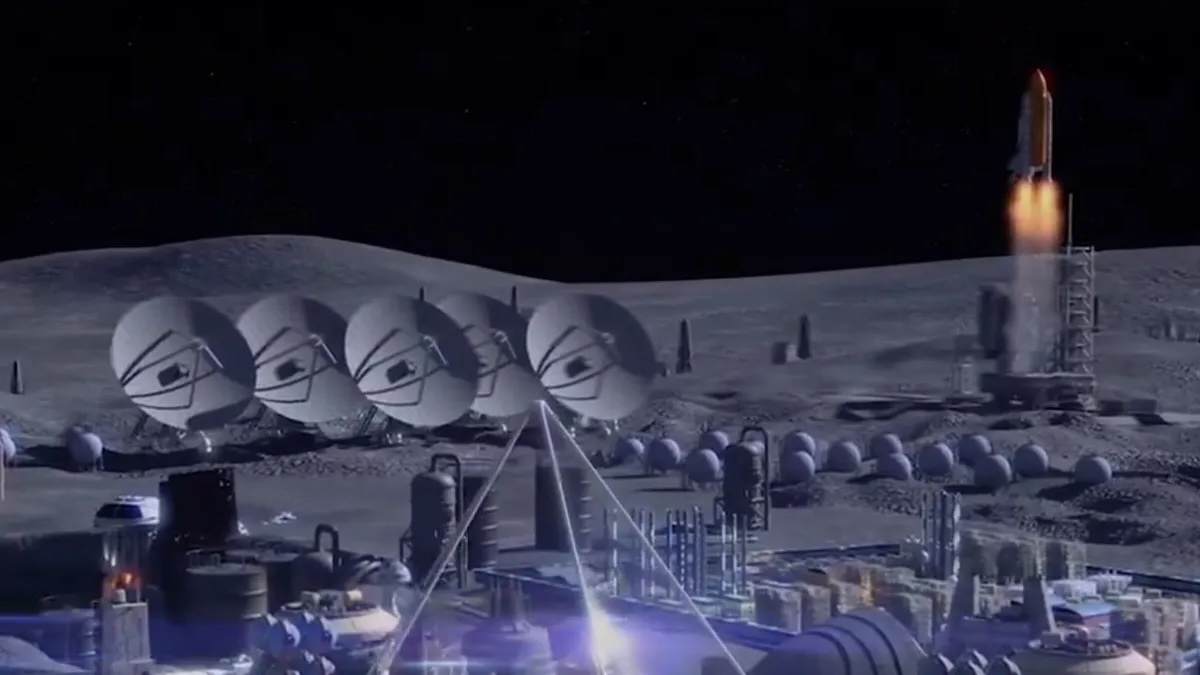
China plans to build moon base at the lunar south pole by 2035
By Andrew Jones published
The first phase of China's moon base will be completed around 2035 near the lunar south pole, and an extended model will be built by about 2050, if all goes according to plan.
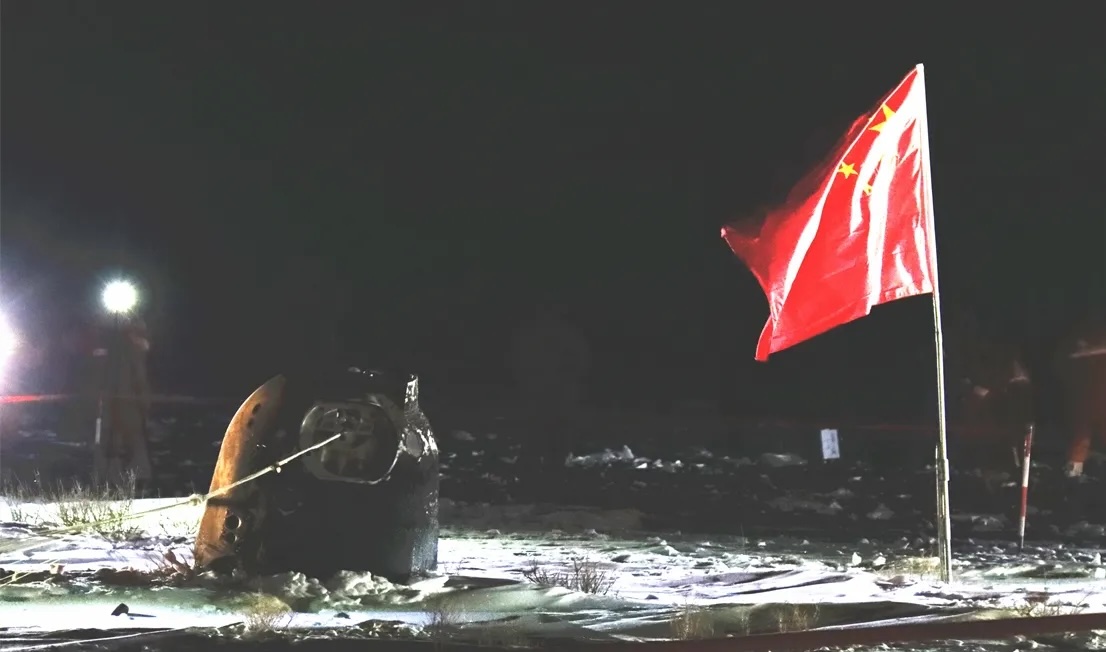
The moon might still have active volcanoes, China's Chang'e 5 sample-return probe reveals
By Keith Cooper published
China's Chang'e 5 mission brought back evidence that the moon had erupting volcanoes just 120 million years ago.
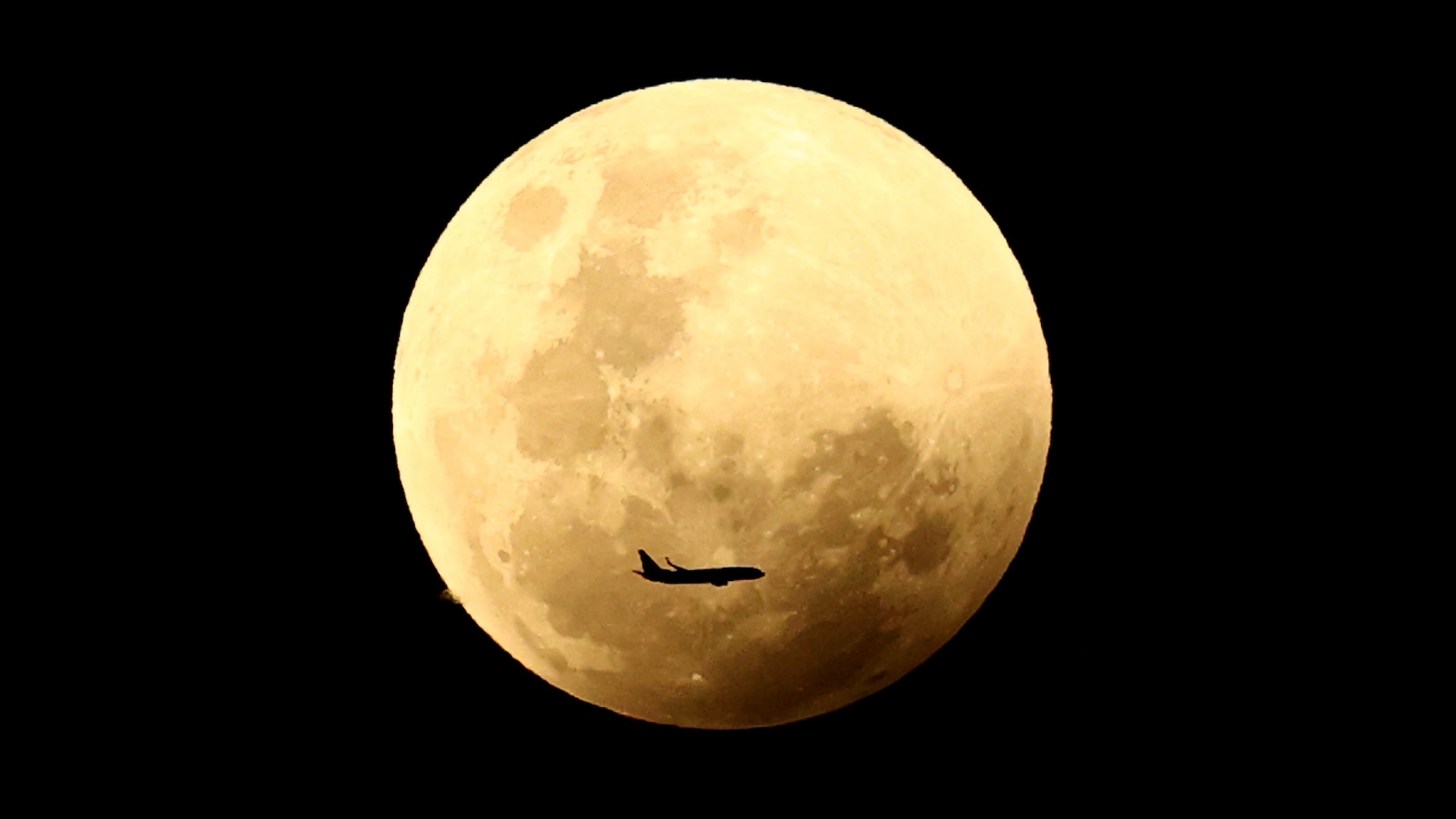
How to watch the 'Harvest Supermoon' get eclipsed by Earth tonight
By Jamie Carter published
September's full Harvest Moon will drift into Earth's shadow for a partial eclipse on Sept. 17. It is also the second of four consecutive supermoons this year, making our natural satellite look bigger and brighter than usual.

The oldest evidence of Earth's atmosphere may be hiding in rocks on the moon
By Stephanie Pappas published
The moon hasn't had a magnetic field for 4.36 billion years. That means it could hold fragments of the ancient Earth.
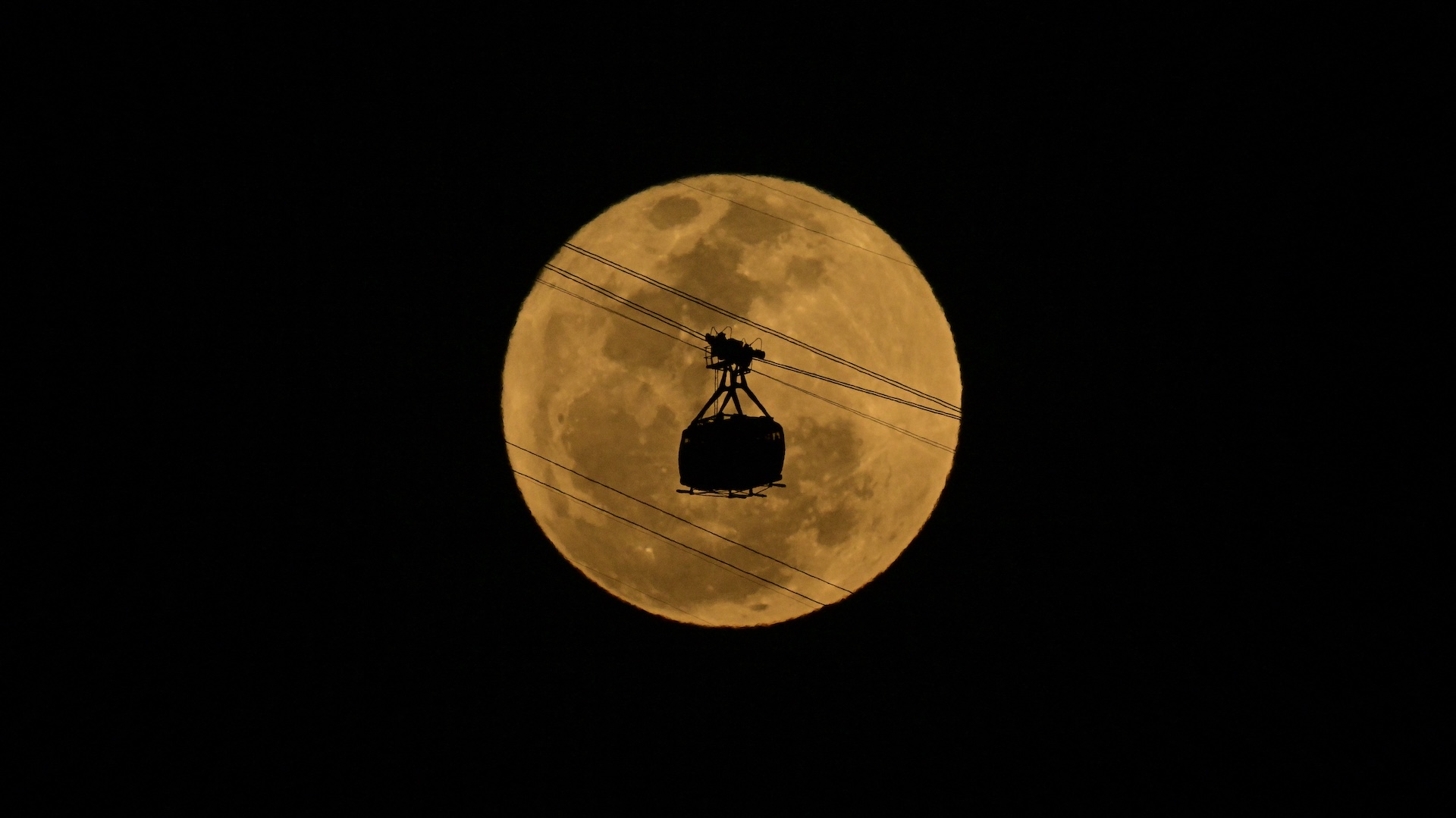
Supermoon Blue Moon 2024: Top photos from around the world
By Daisy Dobrijevic published
August's full moon was the first of four supermoons this year. We've rounded up some of the best photos worldwide.
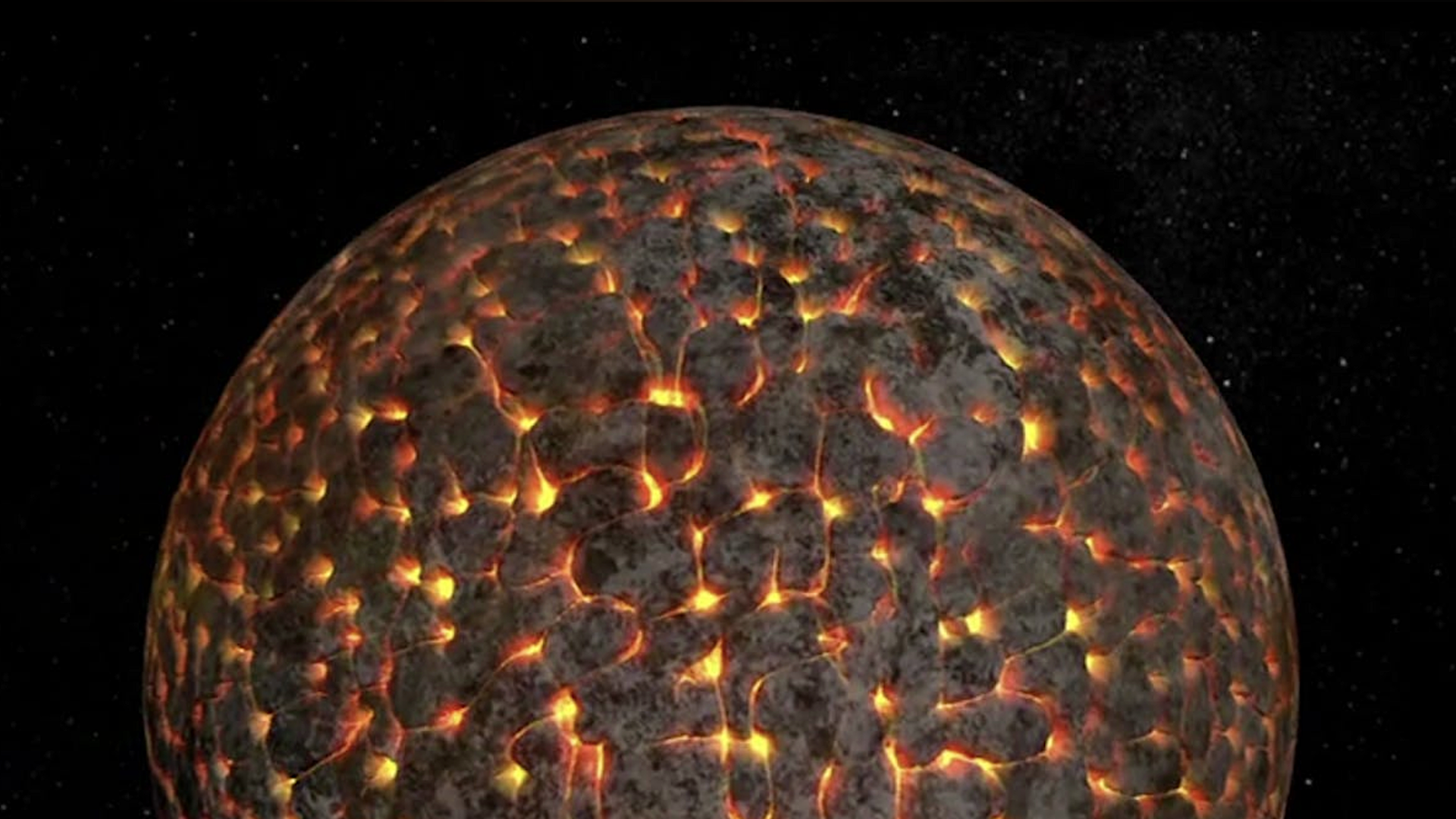
'A single magma ocean' once covered the moon, data from India's Chandrayaan-3 mission suggests
By Joshua Snape published
The moon was once engulfed by a massive magma ocean, analysis of geological samples collected by India's Chandrayaan-3 mission suggests.
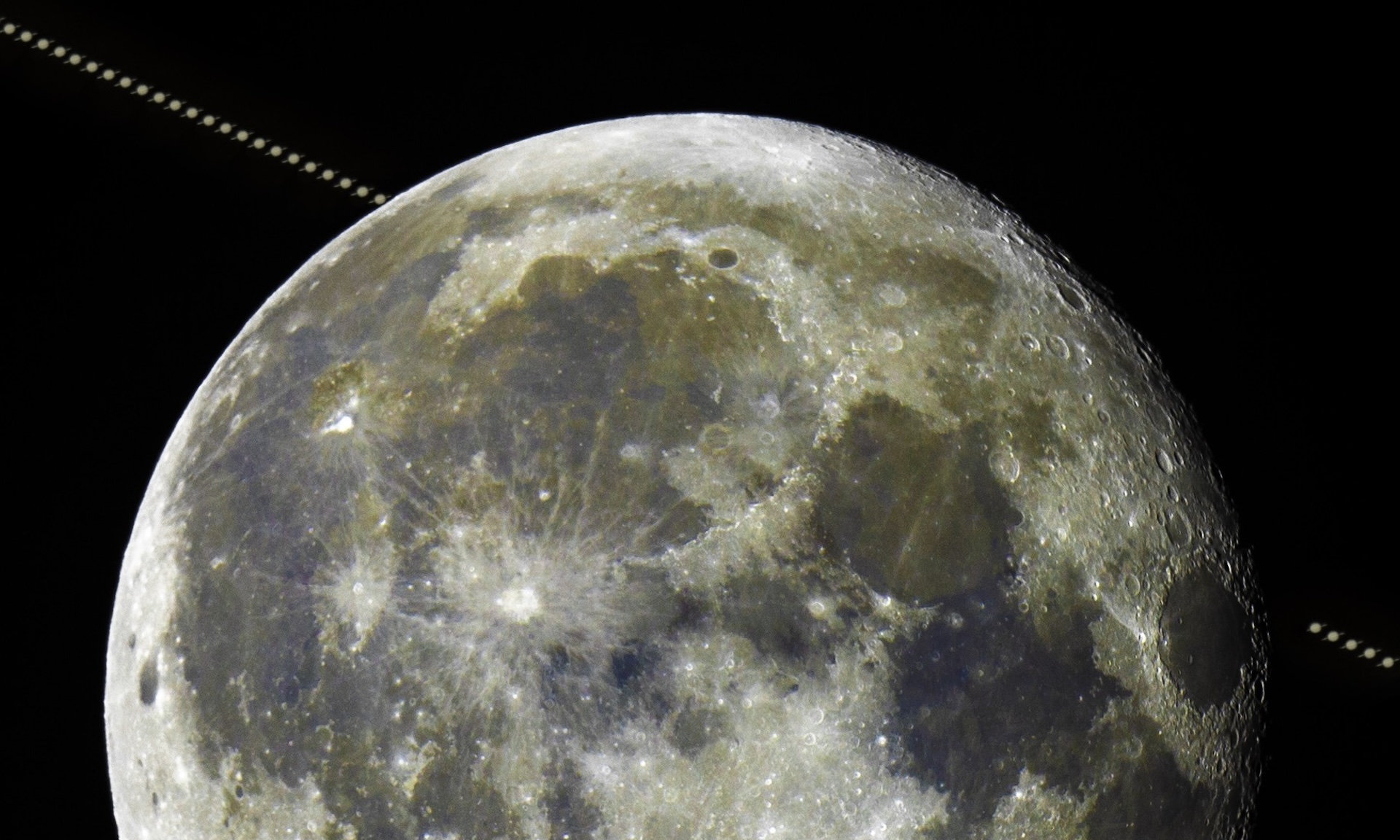
See the moment the blue supermoon 'gobbled up' Saturn in epic astrophotography image
By Brandon Specktor published
Overnight on Aug. 20-21, the full 'Sturgeon Supermoon' briefly occulted, or passed in front of, Saturn, snuffing the ringed planet's light from the sky. An epic new astrophotography image captures the entire spectacle from start to finish.
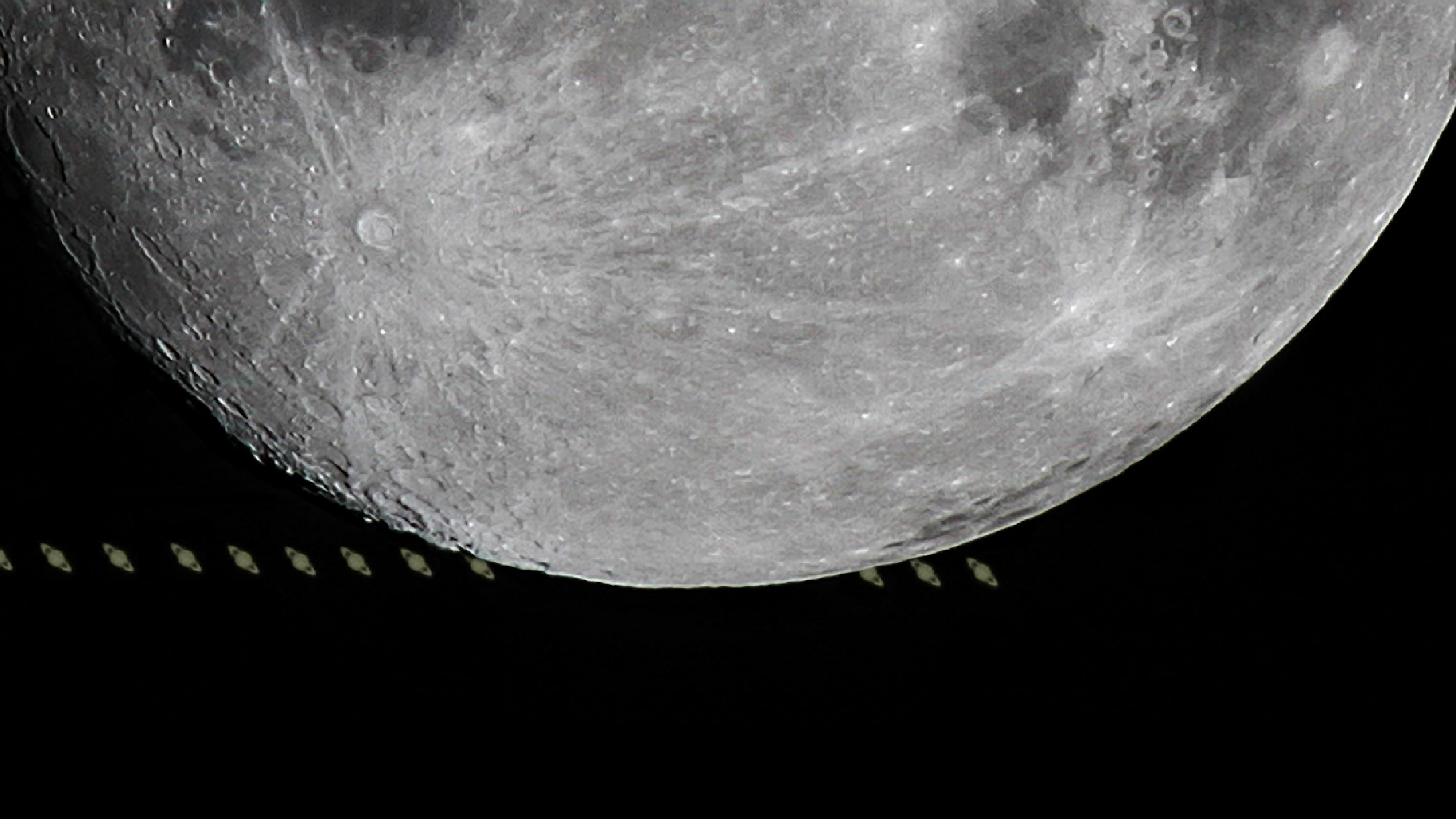
The blue supermoon will 'swallow' Saturn tonight — here's when the rare 'lunar occultation' begins
By Gretchen Rundorff published
Here's everything you need to know to see the moon as it occults, or passes completely in front of, the bright planet Saturn tonight.
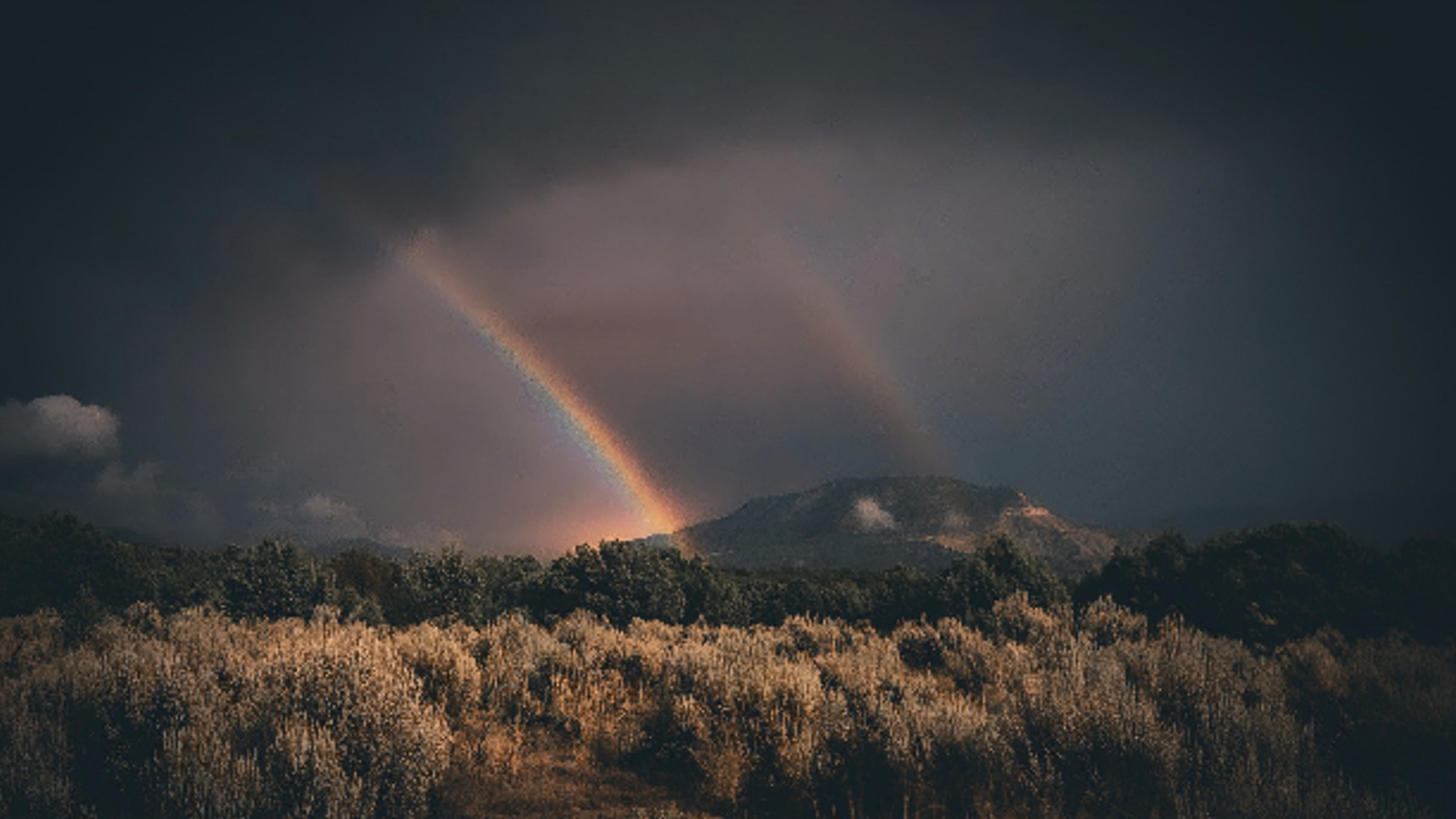
Rare 'moonbows' light up night sky across US as blue supermoon rises — and you could still spot another one
By Harry Baker published
At least two lunar rainbows, including a stunning "double moonbow," have been spotted above the U.S. in the lead-up to the blue supermoon. And there is still a chance to see one of these elusive arches for yourself.
Sign up for the Live Science daily newsletter now
Get the world’s most fascinating discoveries delivered straight to your inbox.
